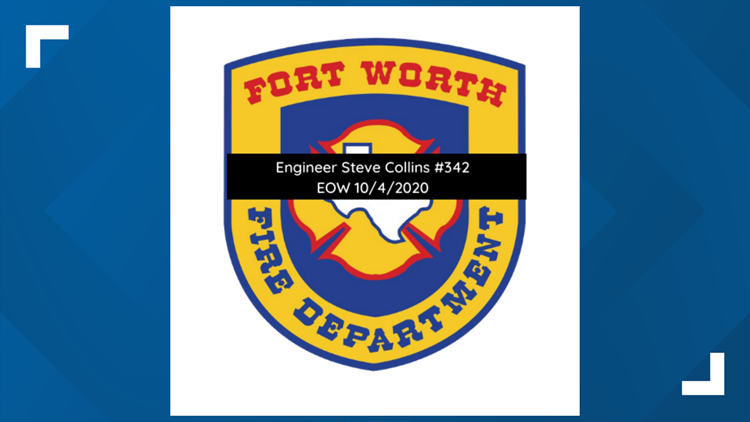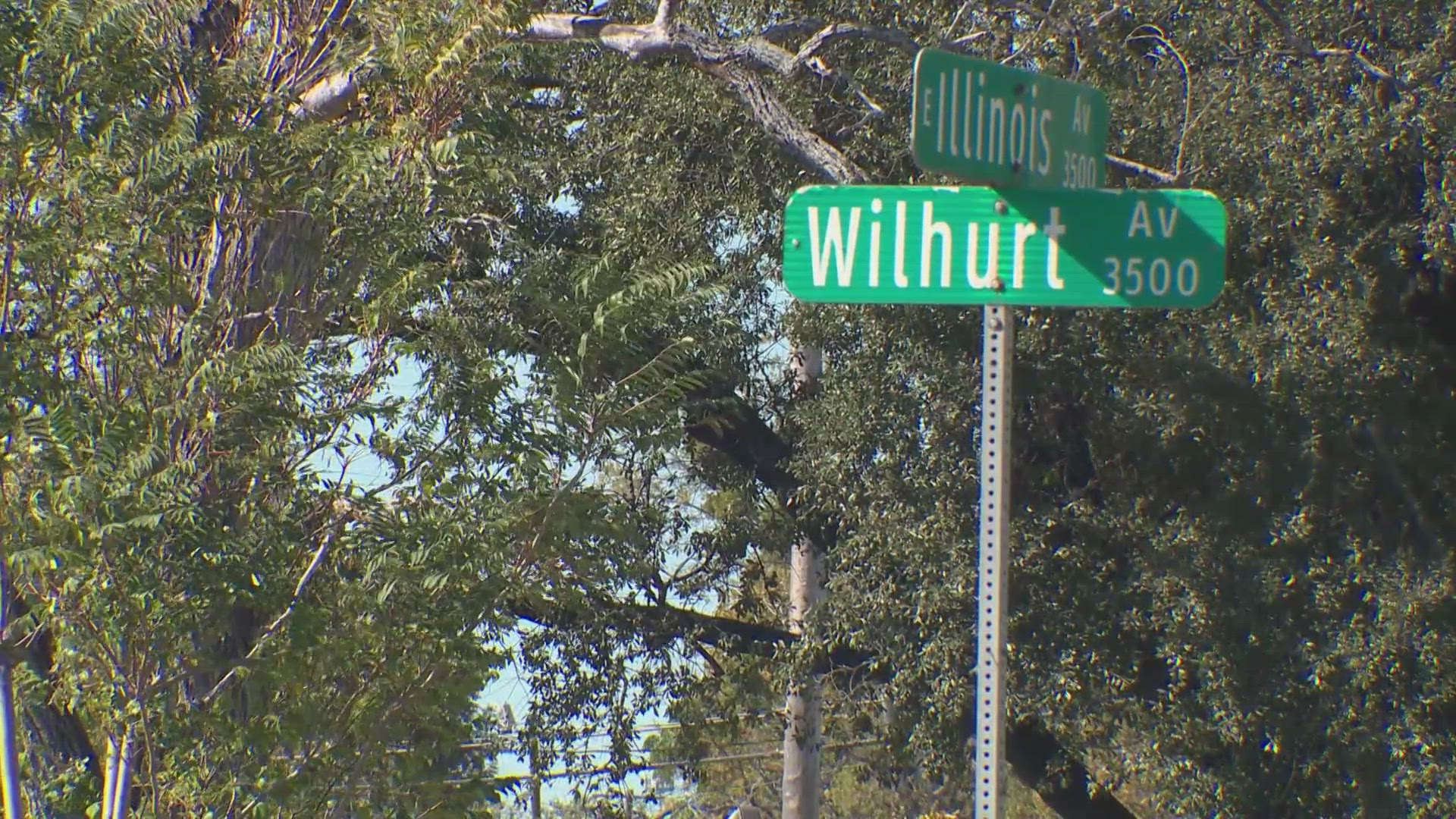A 49-year-old firefighter died Sunday due to work-related brain cancer, the Fort Worth Fire Department said Monday.
Steve Collins, 49, joined the department in 1999 and was diagnosed with brain cancer in the spring of 2006. He was a family man who was married to his wife, Carla, for 19 years. They have two sons, ages 15 and 12.
His memorial services are set for Oct. 10. The service, funeral procession and graveside memorial are private, but will be live-streamed on the department's social media pages.
The department said studies show that firefighters are more likely to be diagnosed with cancer and are more likely to suffer cancer-related deaths compared to the general public.
After the tumor was removed, Collins remained cancer-free for seven years and when tumors returned, he was told there was no chance of survival, the department said. He wanted to prove doctors wrong and went to seek treatment at MD Anderson.
"Over the course of the next five years, Collins had four additional brain surgeries, with radiation and chemotherapy treatments," the department said. "An incomparable patient, Collins recovered quickly each time returning to duty and daily activity within months."
"Engineer Collins lived a life of loyal service. He dedicated his career to helping others," said Chief Jim Davis in a statement. "He never let his health compromise his commitment to his fellow firefighters or to the people of Fort Worth. “We’re a better Department because of Steve."
Collins began his career with the Haltom City Fire Department in 1992. After joining the Fort Worth Fire Department in 1999, he quickly joined the Technical Rescue Team and the HazMat team, the department said. Promoted to Engineer in 2003, he was assigned to Station 1 where he continued to serve on the Technical Rescue Team, specializing in trench rescue. In 2013, he joined the Bureau of Fire Investigation where he served for the remainder of his career.
"Collins’ greatest acts of determination and bravery came during his 14-year fight with brain cancer, serving as an invaluable research subject in the quest for a cure at MD Anderson, and advocating for cancer prevention efforts on the fire scene."
He was a founding member of the Fire Department Cancer Task Force, working closely with the Moncrief Cancer Institute, and publicly sharing his cancer journey.
To mitigate the risks of cancer, the department has created cancer focus groups and implemented procedures to reduce a firefighter's exposure to carcinogens, the department said.



